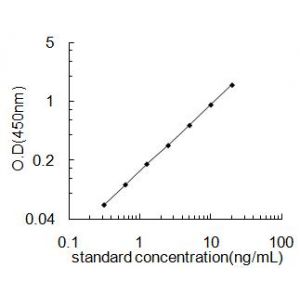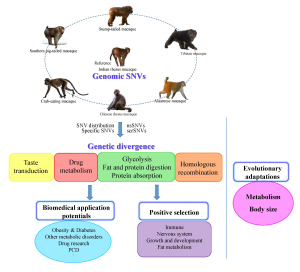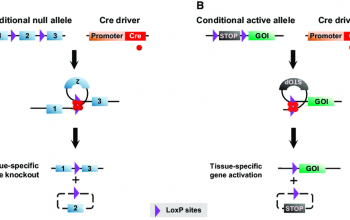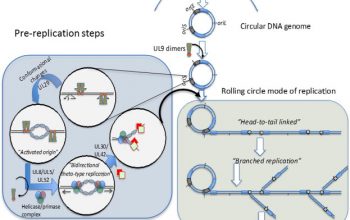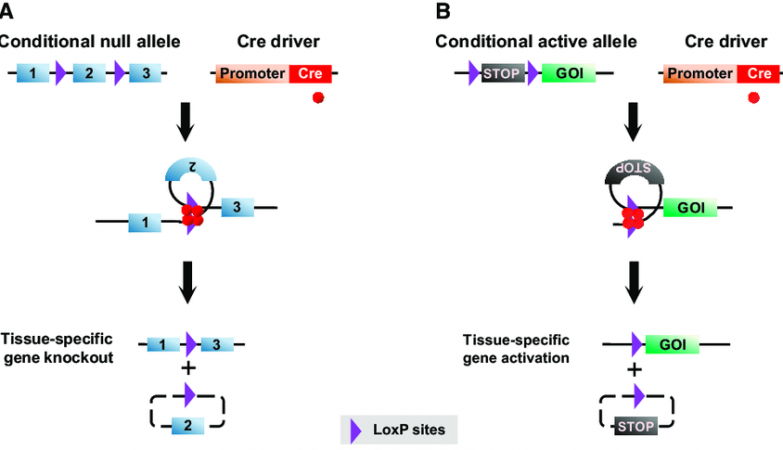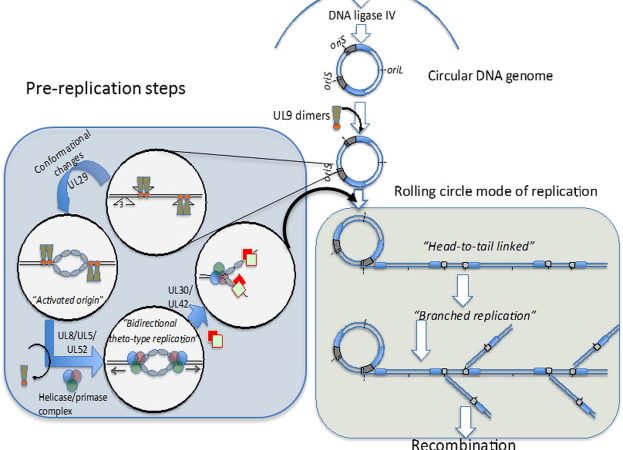Product details
Description
CUSABIO cloned the recombinant Macaca fascicularis angiotensin-converting enzyme (ACE2) coding sequence (amino acids 18-741) to produce a recombinant fusion protein with the Fc portion of the human IgG1 tag in mammalian cells. This Macaca fascicularis ACE2 recombinant protein is an active protein, whose bioactivity has been measured by its binding to SARS-CoV-2-S1-RBD (EC50 is 5638-9496 ng/ml). It is characterized by high purity (>94%) and a low level of endotoxins (<1.0 EU/ug protein).
Due to glycosylation, it has an apparent molecular mass of 114 kDa on the gel. It is in stock now. High expression of ACE2 is restricted to endothelial cells of the arteries, arterioles, and venules of the heart and kidney. ACE2 participates in the regulation of blood pressure and in the maintenance of blood pressure homeostasis. ACE2 binding to SARS-CoV-2 S protein facilitates viral entry into host cells, resulting in lethal viral infection.
Purity: greater than 94% as determined by SDS-PAGE.
Endotoxin: Less than 1.0 EU/ug as determined by the LAL method.
Activity: Measured by its binding capacity in a functional ELISA. Immobilized SARS-CoV-2-S1-RBD (CSB-MP3324GMY1b1) at 5 μg/ml can bind to Cynomolgus-ACE2, the EC50 is 5.638-9.496 ng/ml.
Target names: ACE2
Uniprot No.: A0A2K5X283
Research Area: Cancer
Species: Macaca fascicularis (Crab-eating macaque) (Crab-eating monkey)
Expression region: 18-741aa
Mole Weight: 112.7 kDa
Protein length: Partial
Tag information: C-terminal HFC-tagged
Form: Lyophilized powder
Note: We will preferably ship the format we have in stock, however, if you have any special requirements for the format, please remark your requirement when placing the order, we will prepare according to your demand.
Buffer: Lyophilized from 0.2 μm filtered PBS, 6% trehalose, pH 7.4
Reconstitution: We recommend that this vial be briefly centrifuged before opening to bring the contents to the bottom. Reconstitute protein in sterile deionized water at a concentration of 0.1-1.0 mg/mL. We recommend adding 5-50% glycerol (final concentration) and an aliquot for long-term storage at -20°C/-80°C. Our final default glycerol concentration is 50%. Customers could use it for reference.
Storage Conditions: Store at -20°C/-80°C upon receipt, need to be aliquoted for multiple uses. Avoid repeated cycles of freezing and thawing.
Shelf life: Shelf life is related to many factors, storage condition, buffer ingredients, storage temperature and the stability of the protein itself. Generally, the shelf life of the liquid form is 6 months at -20°C/-80°C. The shelf life of the lyophilized form is 12 months at -20°C/-80°C.
Delivery time: 3-7 business days
Notes: Repeated freezing and thawing is not recommended. Store working aliquots at 4°C for up to one week.


